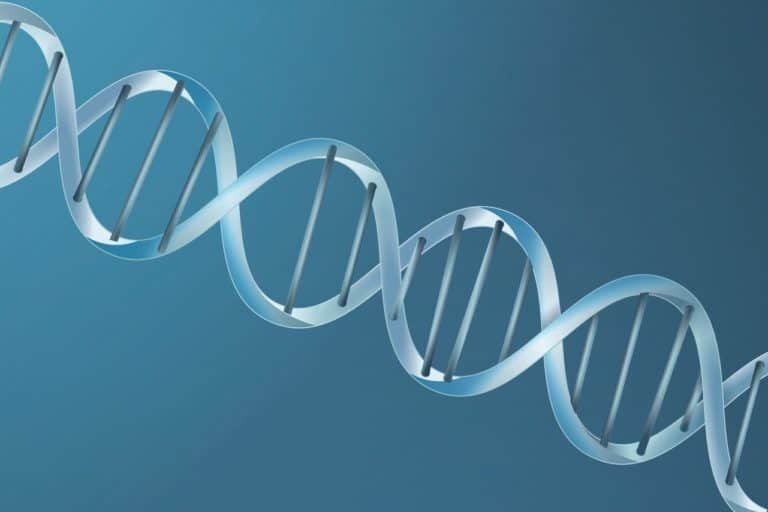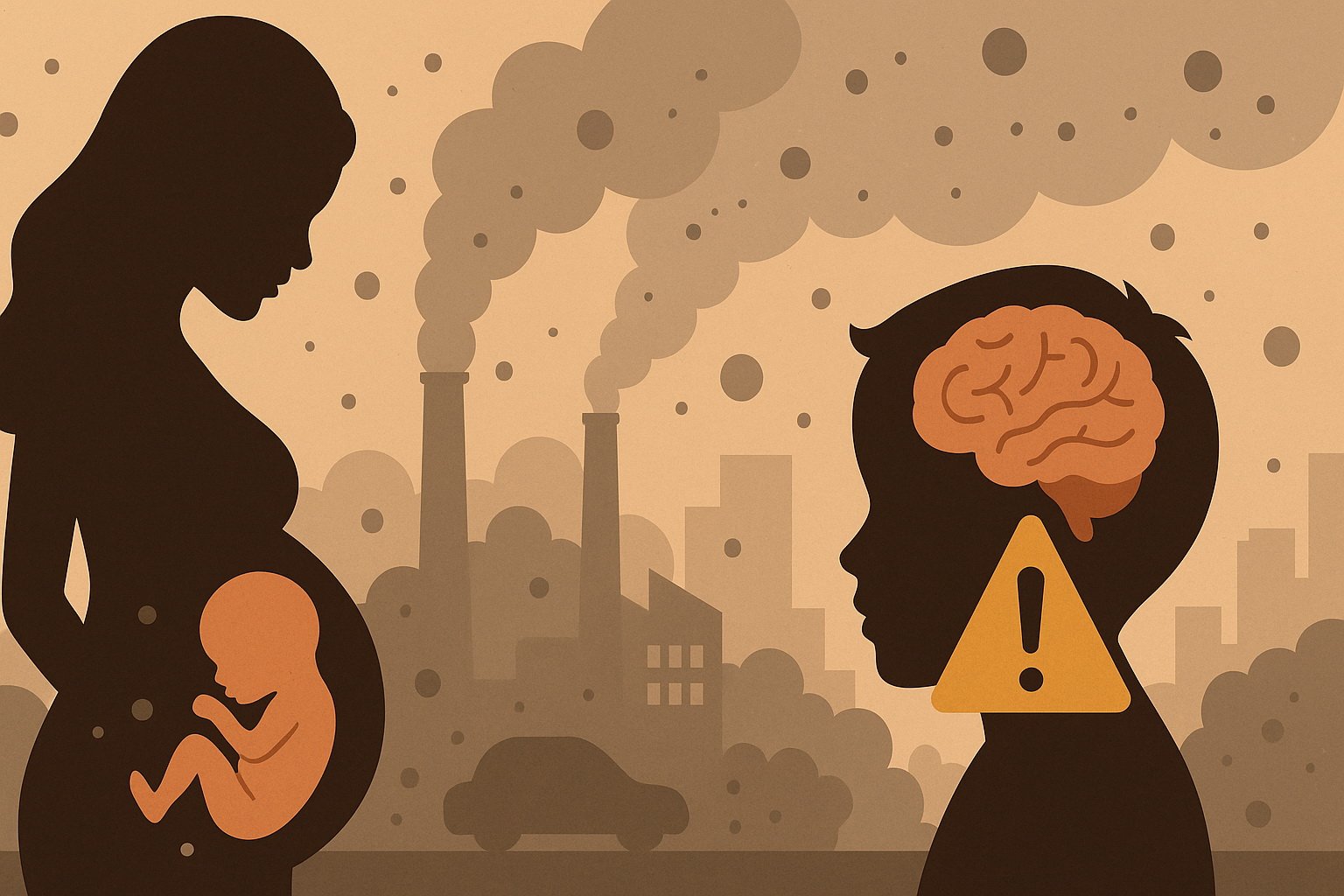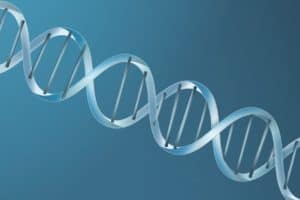In the largest genetic sequencing study of autism spectrum disorder (ASD) to date, researchers have identified 102 genes associated with risk for autism. The study also shows significant progress towards teasing apart the genes associated with ASD from those associated with intellectual disability and developmental delay, conditions which often overlap. The study results are published online January 23 in the journal Cell.
For this study, an international team of researchers from more than 50 sites collected and analyzed more than 35,000 participant samples, including nearly 12,000 with ASD, the largest autism sequencing cohort to date. Using an enhanced analytic framework to integrate both rare, inherited genetic mutations and those occurring spontaneously when the egg or sperm is formed (de novo mutations), researchers identified the 102 genes associated with ASD risk. Of those genes, 49 were also associated with other developmental delays. The larger sample size of this study enabled the research team to increase the number of genes associated with ASD from 65 in 2015 to 102 today.
Obtaining such a large sample was made possible by the Autism Sequencing Consortium (ASC), an international group of scientists who share ASD samples and data. Co-founded by Dr. Buxbaum in 2010 and originally funded by the Beatrice and Samuel A. Seaver Foundation and the Seaver Autism Center for Research and Treatment at Mount Sinai, the ASC is now a multiple-Principal Investigator grant funded by the National Institute of Mental Health.
In addition to identifying subsets of the 102 ASD-associated genes that have disruptive de novo variants more often in people with developmental delays or those with ASD, the researchers showed that ASD genes impact brain development or function and that both types of disruptions can result in autism. They also found that both major classes of nerve cells-; excitatory neurons, which trigger a positive and activating change in the downstream neuronal membrane upon firing, and inhibitory neurons, which trigger a negative change upon firing-; can be affected in autism.
Source: Mount Sinai Health System
Journal reference:
Satterstrom, F. K. et al. (2020) Large-Scale Exome Sequencing Study Implicates Both Developmental and Functional Changes in the Neurobiology of Autism. Cell. doi.org/10.1016/j.cell.2019.12.036












